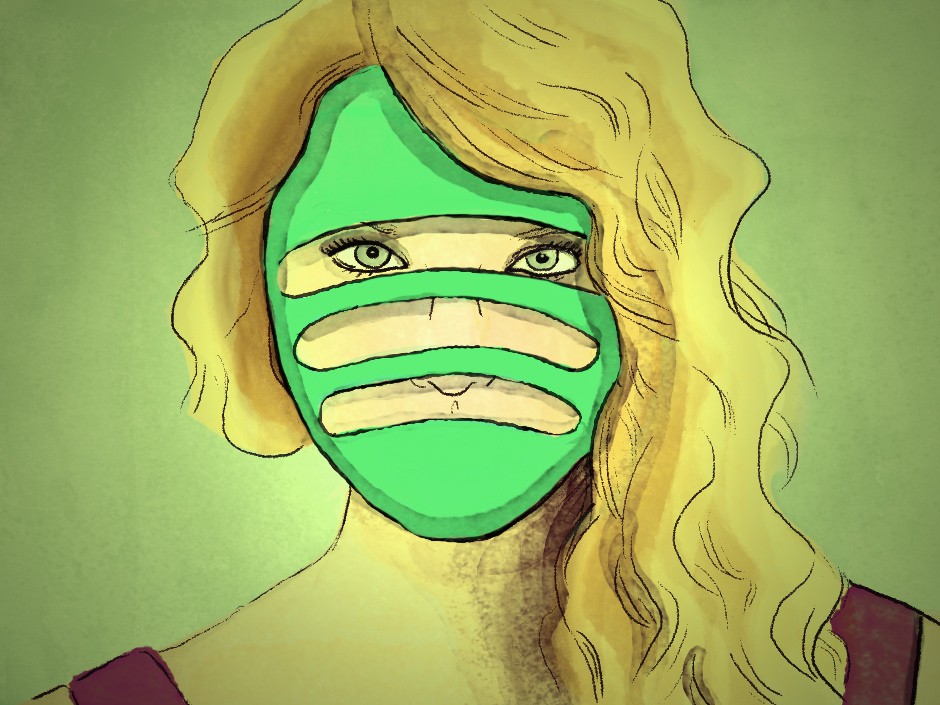I am not a big music fan. I listen to the radio when I drive only because driving in traffic is generally boring. I owned an iPod Nano whose music was first downloaded when I first bought the device just so I can play something from it when I run. I didn’t update its content since, that was 3 years ago. My car also has 3 CDs which I received as a gift from family and friends. Incidentally, one of those CDs was Taylor Swift’s Red Album which I think I asked for a Christmas wish list because I couldn’t think of anything else.
But, I am a Spotify free user. I first got into it about 6 months ago, when I was looking for an old OPM song playing on TV and I was surprised to find it there. Since then I had been hooked. I get to pick the music that I like with no noisy DJ on the background and I had a ton of selection to switch to when I get tired of the album I’m playing today. I have unlimited data connection on my phone, I play it when I work, at the car, even when I am out alone. I am seriously considering to become a premium user because I honestly think it’s a good service. Needless to say, I am not a big music fan – but I am a Spotify fan. I tell about Spotify to my friends and family and have encouraged them to try it out.
Spotify’s target market is people like me. In the world of innovation, I am considered a non-customer of the music industry because I generally don’t spend for it. Their goal is to convert non-customers like me to paying customers through their services. Their website provided a whole lot of information about their vision, their services and how they make money for the music industry and the success they had so far. They recognize that they are still far away from their targets but have indicated that they have already made significant progress.
Spotify landed on the headlines in the past 2 weeks when Taylor Swift pulled out all her albums from the service. She stated some basic points:
- Music is art, art is valuable, valuable things need to be paid for
- Spotify is not a good business partner by putting all songs on free version with minimal incentive for people to move to premium
- Artists’ revenue from Spotify is extremely low, most of which even goes to the labels not to the artist
- Artists complained about declining music sales for years but nobody is standing up to do something about it, she decided to be the first to take the stand
Spotify’s response:
- Unlimited access for free users is what’s driving them to convert to premium service. Once they restrict this, they will also immediately restrict the conversion.
- Spotify managed to let its customers spend about twice as much than their normal expenditure in music per month (from $5.00 to $9.99). They claim that their model is working and they just need to get more people on board and more people to convert to premium service.
- The industry’s overall value is declining, Spotify meant to rescue the industry by monetizing it again vs. just letting piracy overtake it
My take, I admire’s Taylor Swift’s courage to take a stand. Someone has to do it. It’s her industry and her life’s work that she wanted to protect. Plus she’s a big star so she probably can make a dent and set a trend. But, I am on Spotify on this one. True innovation are not immediately understood when it starts. It presents ideas that may feel ridiculous till it becomes a norm and a way of life in the future. I think if Spotify sticks with its values of free to premium, they will manage to spread its network far and wide especially for piracy countries like the Philippines. Does it generally mean less value for the music industry? Possibly. But the truly great artists are people who sing for the love of it vs. for the millions and billions they will make for it. I think the industry will continue to survive and thrive and Spotify can help them move forward. This is just my humble opinion. 🙂
featured photo taken from Pando.com


